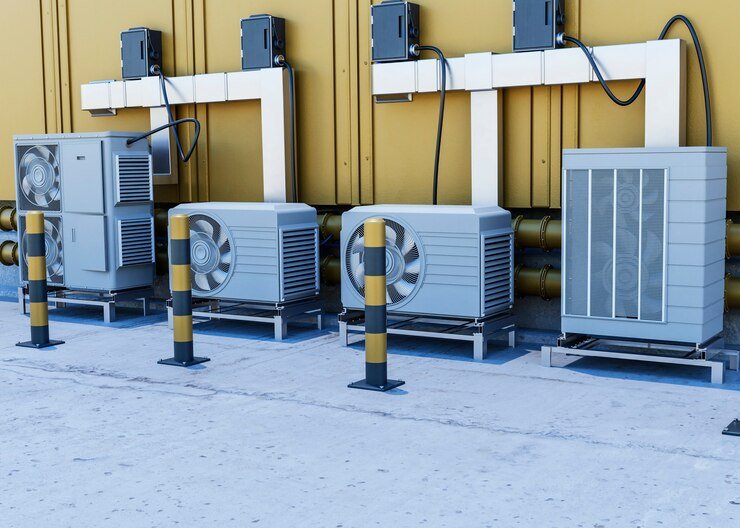Zoning Mastery: Tailoring HVAC Design for Diverse Hotel Spaces

This post was originally published on this site

Creating a comfortable and energy-efficient hotel environment hinges on the effective zoning of HVAC systems. Each space within a hotel—whether a bustling lobby, serene guest room, or bustling kitchen—has unique requirements. Mastering HVAC zoning not only enhances guest satisfaction but also significantly reduces energy consumption. This article explores the key aspects of tailoring HVAC design for diverse hotel spaces, ensuring optimal performance and comfort.
Understanding HVAC Zoning
HVAC zoning refers to the division of a building into different areas or “zones,” each with its own temperature control. In hotels, this approach is essential due to the varying thermal needs of different spaces. For instance, a hotel lobby with constant foot traffic and large windows requires a different HVAC strategy compared to guest rooms, which are typically used intermittently.
Benefits of HVAC Zoning in Hotels
- Enhanced Comfort: By tailoring HVAC systems to specific areas, hotels can provide consistent and comfortable temperatures for guests and staff.
- Energy Efficiency: Targeting heating and cooling only where needed reduces overall energy consumption, leading to lower utility bills and a smaller carbon footprint.
- Increased Control: Advanced zoning systems offer precise control over the temperature and air quality in each zone, improving overall guest experience.
Tailoring HVAC Design for Different Hotel Spaces
- Lobby and Common Areas:
- High Foot Traffic: Lobbies experience constant movement, which can lead to fluctuating temperatures. A robust HVAC system with high-capacity air handlers and efficient airflow management is crucial.
- Open Spaces: Large, open spaces benefit from variable air volume (VAV) systems that adjust airflow based on occupancy and time of day.
- Guest Rooms:
- Individual Control: Allowing guests to control the temperature in their rooms enhances comfort and satisfaction. Installing programmable thermostats or smart room controls is a practical solution.
- Energy Savings: Occupancy sensors can detect when a room is unoccupied and adjust the temperature accordingly, saving energy without compromising comfort.
- Meeting and Conference Rooms:
- Variable Occupancy: These spaces can go from empty to full quickly, necessitating an HVAC system that can rapidly respond to changes in occupancy.
- Zoning Flexibility: Implementing a flexible zoning system allows for adjustments based on the specific needs of different events, whether a small meeting or a large conference.
- Kitchens and Restaurants:
- High Heat and Humidity: Kitchens produce a significant amount of heat and moisture, requiring powerful ventilation and cooling systems.
- Odor Control: Proper zoning can help manage odors and maintain air quality, ensuring that cooking smells do not permeate into dining or lobby areas.
- Fitness Centers and Spas:
- Humidity Management: High humidity levels in these areas demand specialized HVAC solutions such as dehumidifiers and enhanced ventilation.
- Air Quality: Maintaining high indoor air quality is critical, especially in fitness centers where guests are physically active.
Implementing Effective HVAC Zoning
- Detailed Planning: Successful HVAC zoning starts with a thorough understanding of the hotel’s layout and usage patterns. Consulting with HVAC professionals can provide insights into the best zoning strategies.
- Advanced Technology: Leveraging modern HVAC technologies like smart thermostats, VAV systems, and occupancy sensors can optimize performance and efficiency.
- Regular Maintenance: Ensuring all HVAC components are regularly maintained and serviced is crucial for long-term efficiency and reliability.
Conclusion
Mastering HVAC zoning in hotels is a blend of science and art. By understanding the unique needs of each space and implementing tailored HVAC solutions, hotels can create comfortable, energy-efficient environments that enhance guest satisfaction. As the hospitality industry continues to evolve, staying ahead with advanced HVAC zoning strategies will be key to maintaining a competitive edge.





Responses